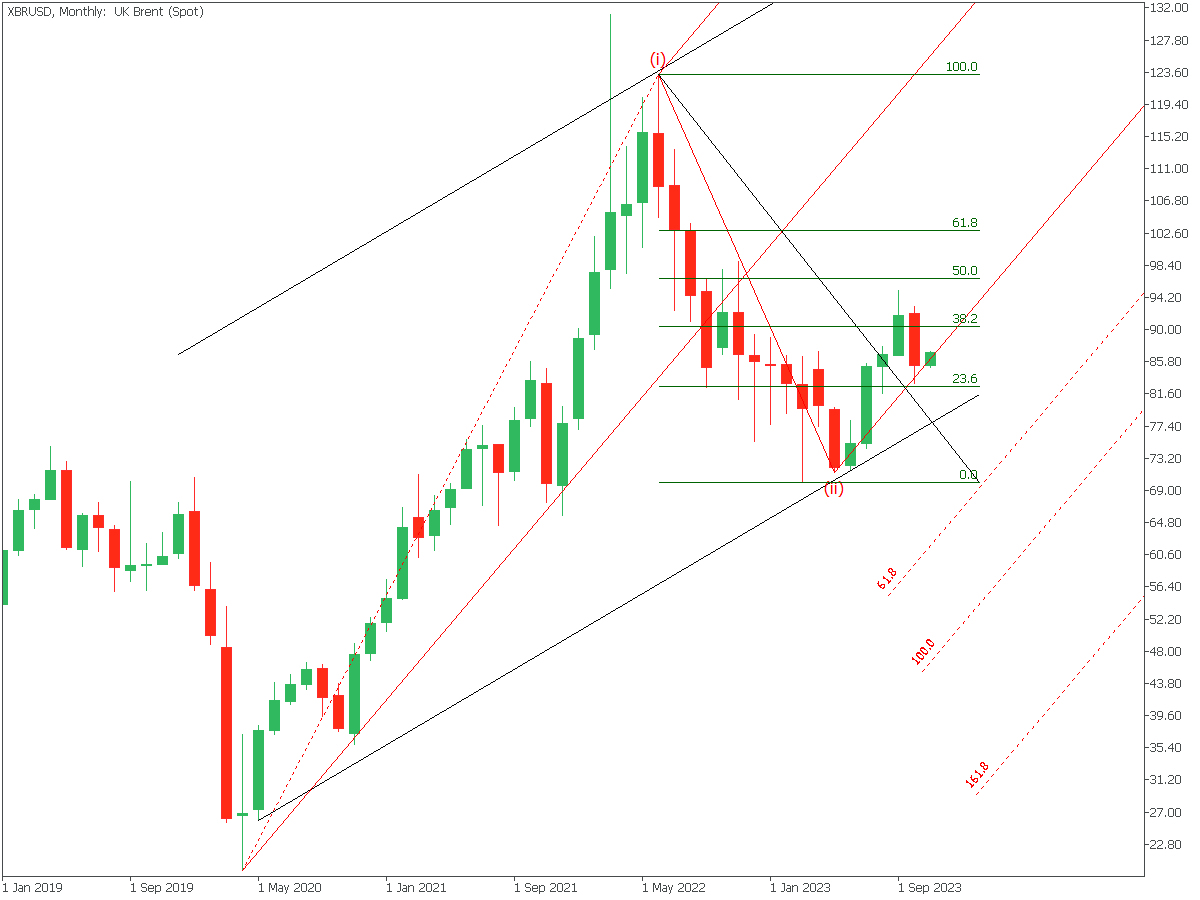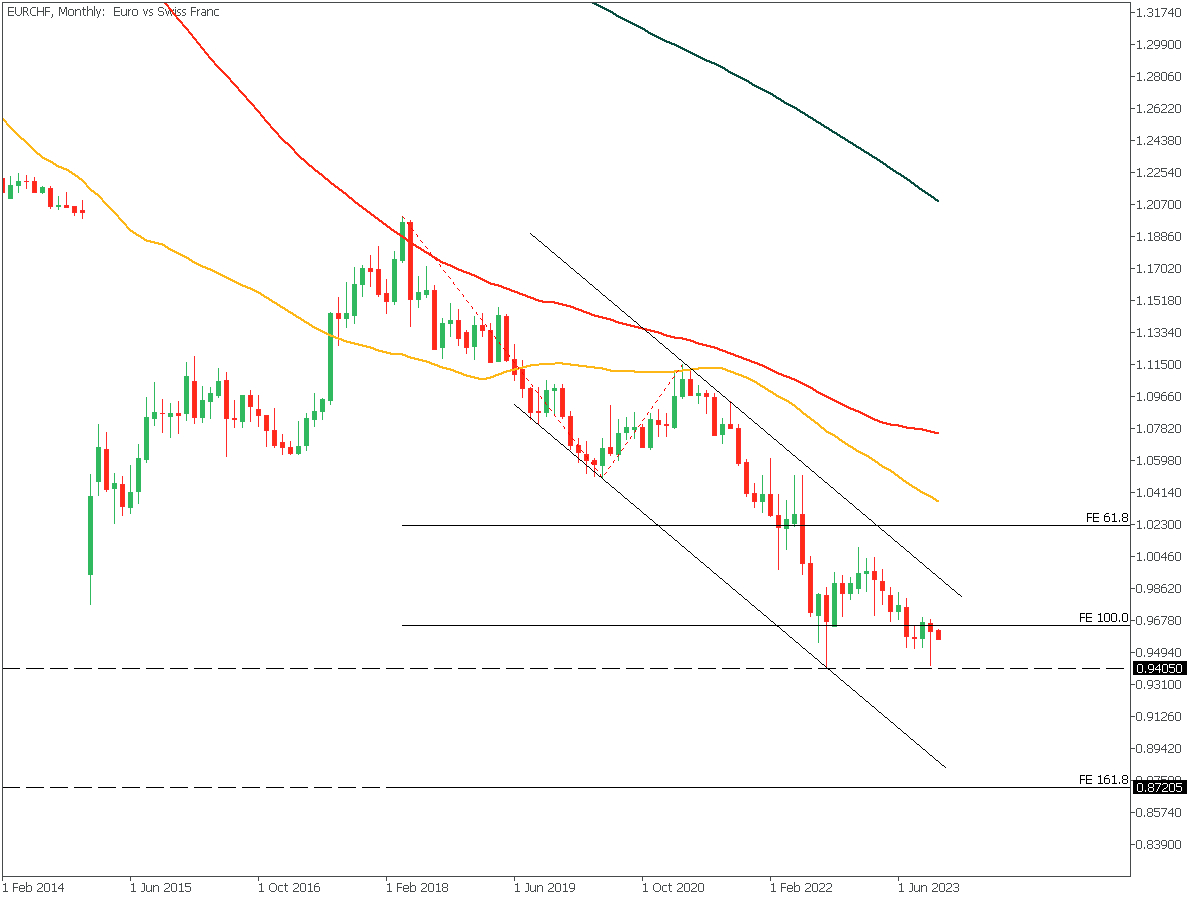The Biggest Financial Market Trends and Events to Watch in Q4
2023.11.01 11:12
2023 turned out to be quite challenging. We are guaranteed to continue experiencing significant volatility in 2024. What is happening in current global geopolitics and economy, and what specific processes should be expected in the last quarter of the outgoing year? Read all about this in our review today.
The disintegration processes are intensifying, and this significantly impacts the redistribution of financial flows. In 2022 and 2023, as black swans appeared one after another, geopolitical risks took key positions in the modern economic model. In this uncharted time, we are focusing closely on the impact of current events.
It is a fact that deglobalization will continue. The question is the trajectory of unfolding events. Take a look at the following main influencing factors:
• High prices in the energy market;
• Prolonged stagflation in developed countries;
• Intensifying internal political struggle in the United States.
Deglobalization of the energy market
Over the past few years, the largest energy supply countries have been cut off (even if only formally) from the European energy market. Meanwhile, the hyped ESG agenda has discredited itself in a certain sense. The story of ESG is generally not entirely about the environment but the subsequent redistribution of zones of influence.
There are currently no alternatives to old energy sources, which makes it impossible for developed countries to eliminate the ever-looming threat of explosive growth in inflation.
Considering the current vector of European policy, a return to the energy market of the leading players (Russia, Saudi Arabia, and other countries) and the zeroing out of the risks of energy price spikes is hardly possible. Consequently, the oil and gas prices will remain stable, or local resets are possible. However, in the language of technical analysts, the path of least resistance will still be directed upward.

In the fourth quarter of this year, the oil price will continue to play a vital role.
Stable high consumer inflation in developed countries
The current level of consumer inflation in the EU countries over the past two years exceeds the 4% mark, two times higher than the targeted level. During the dot-com crisis, the inflation rate in the EU did not exceed 3.1%; the subprime crisis sent CPI to 4%; however, all records were broken during 2021 – 2023.
Germany – the strongest economy in the EU – is breaking records regarding consumer price growth. In Q4 2022 – Q1 2023, the CPI was 11.6%. Currently, the CPI is within 4.3%.
The PIIGS (Portugal, Ireland, Italy, Greece, and Spain) countries, more accustomed to inflationary surges, returned around 1995.
Prolonged tight monetary policy
J. M. Keynes said the market can remain irrational longer than you can remain solvent. The expectation that high key rates, a consequence of the inflationary spiral, would lead to a slowdown in stock markets in 2023 was only partly justified.
The leaders in the growth of European stock exchanges were the markets of Germany ( added about 8.32%) and France ( increased by 7.5% since the beginning of the year). However, the market is gradually beginning to realize that a transition by regulators to stimulating monetary policy is unlikely to be possible in the next few months.
We recommend paying particular attention to European and American stock indices in the 4th quarter.
The seasonality factor may provide significant support, and shares (especially on American exchanges) will rise, but the risks of continued decline next year are pretty high.
Intensification of the struggle in the United States
This year demonstrates that the stakes in choosing the next president have increased significantly. Over the past year, we have seen Trump charged with a crime against the United States and its citizens and the launch of an investigation into the son of the current president of the country, Joe Biden.
This could also lead to impeachment proceedings against the head of state. Additionally, almost immediately after making some statements, the Speaker of the House of Representatives, Kevin McCarthy was removed from office.
The presidential race can add significant instability to all financial markets. As a result, the likelihood of continued allocation of funds to the safe haven is relatively high.
Technical Analysis
One of the most exciting cross rates that perfectly reflects the current situation is the EURCHF pair.
Over the past three years, the Swiss franc has strengthened against the European currency by more than 13%.
We expect that, in light of all the processes described above, EURCHF will continue to decline. After breaking the level of 0.94050, the next support becomes 0.87205.

***
Traders and Investors should know all the key market milestones and the consequences for the future economy. Using FBS, traders can benefit from rising and falling markets. The company offers a wide range of trading instruments, including safe-haven assets.
Disclosure: FBS is an international brand present in over 150 countries. Independent companies united by the FBS brand are devoted to their clients and offer them opportunities to trade Margin FX and CFDs.FBS Markets Inc. – license IFSC/000102/310Tradestone Ltd. – CySEC license number 331/17, FCA temporary permit 808276Intelligent Financial Markets Pty Ltd – ASIC Licence number 426359








